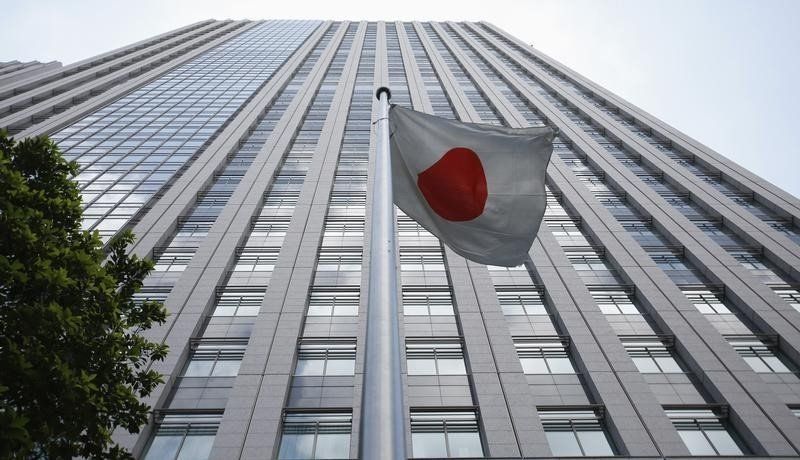BOJ’s Rate Hike Plans May Impact Bitcoin Prices
03.09.2024 22:00 2 min. read Alexander Stefanov
Bank of Japan (BOJ) Governor Kazuo Ueda has signaled that the central bank could implement further interest rate hikes if the economic outlook aligns with expectations.
This has caused the Japanese yen to strengthen to 146 against the US dollar, rebounding from recent lows. The hawkish stance from the BOJ is fueling speculation about its potential effects on global markets, particularly Bitcoin.
Ueda’s remarks have reminded investors that despite a market downturn following the BOJ’s July rate hike, additional increases in borrowing costs are likely if economic conditions support it.
The yen’s appreciation is a direct response to this policy shift, with Japan’s 10-year government bond yields reaching a four-week high. Two-thirds of economists predict another rate hike by the end of the year, potentially as soon as December.
The prospect of higher interest rates in Japan may reignite yen carry trades, where investors borrow in yen to invest in higher-yielding assets elsewhere. This could lead to renewed pressure on Bitcoin prices, echoing past market crashes. However, with the Federal Reserve also expected to cut rates soon, the impact might be moderated. Bitcoin is currently trading at around $59,104, with a noticeable drop in trading volume, indicating a cautious market.
The interplay between the BOJ’s rate decisions and global economic policies will be crucial for Bitcoin and broader financial markets. As the situation evolves, both Bitcoin investors and market analysts will be closely watching these developments for their potential impacts.
-
1
Esports Giant Moves Into Bitcoin Mining
05.07.2025 13:00 2 min. read -
2
Bitcoin Dominance Nears Key Resistance — Is Altseason Coming Next?
13.07.2025 17:00 2 min. read -
3
Elon Musk Unveils His Own ‘America Party,’ Signals Pro-Bitcoin Political Shift
07.07.2025 11:40 2 min. read -
4
Bitcoin Blasts Past $121,000 as Institutions Fuel Rally—Will Altcoins Follow?
14.07.2025 8:15 2 min. read -
5
Bitcoin: What to Expect After Hitting a New All-time High
10.07.2025 14:00 2 min. read
Global Money Flow Rising: Bitcoin Price Mirrors Every Move
Bitcoin is once again mirroring global liquidity trends—and that could have major implications in the days ahead.
What is The Market Mood Right Now? A Look at Crypto Sentiment And Signals
The crypto market is showing signs of cautious optimism. While prices remain elevated, sentiment indicators and trading activity suggest investors are stepping back to reassess risks rather than diving in further.
What Price Bitcoin Could Reach If ETF Demand Grows, According to Citi
Citigroup analysts say the key to Bitcoin’s future isn’t mining cycles or halving math—it’s ETF inflows.
Is Bitcoin’s Summer Slowdown a Buying Opportunity?
Bitcoin may be entering a typical summer correction phase, according to a July 25 report by crypto financial services firm Matrixport.
-
1
Esports Giant Moves Into Bitcoin Mining
05.07.2025 13:00 2 min. read -
2
Bitcoin Dominance Nears Key Resistance — Is Altseason Coming Next?
13.07.2025 17:00 2 min. read -
3
Elon Musk Unveils His Own ‘America Party,’ Signals Pro-Bitcoin Political Shift
07.07.2025 11:40 2 min. read -
4
Bitcoin Blasts Past $121,000 as Institutions Fuel Rally—Will Altcoins Follow?
14.07.2025 8:15 2 min. read -
5
Bitcoin: What to Expect After Hitting a New All-time High
10.07.2025 14:00 2 min. read


